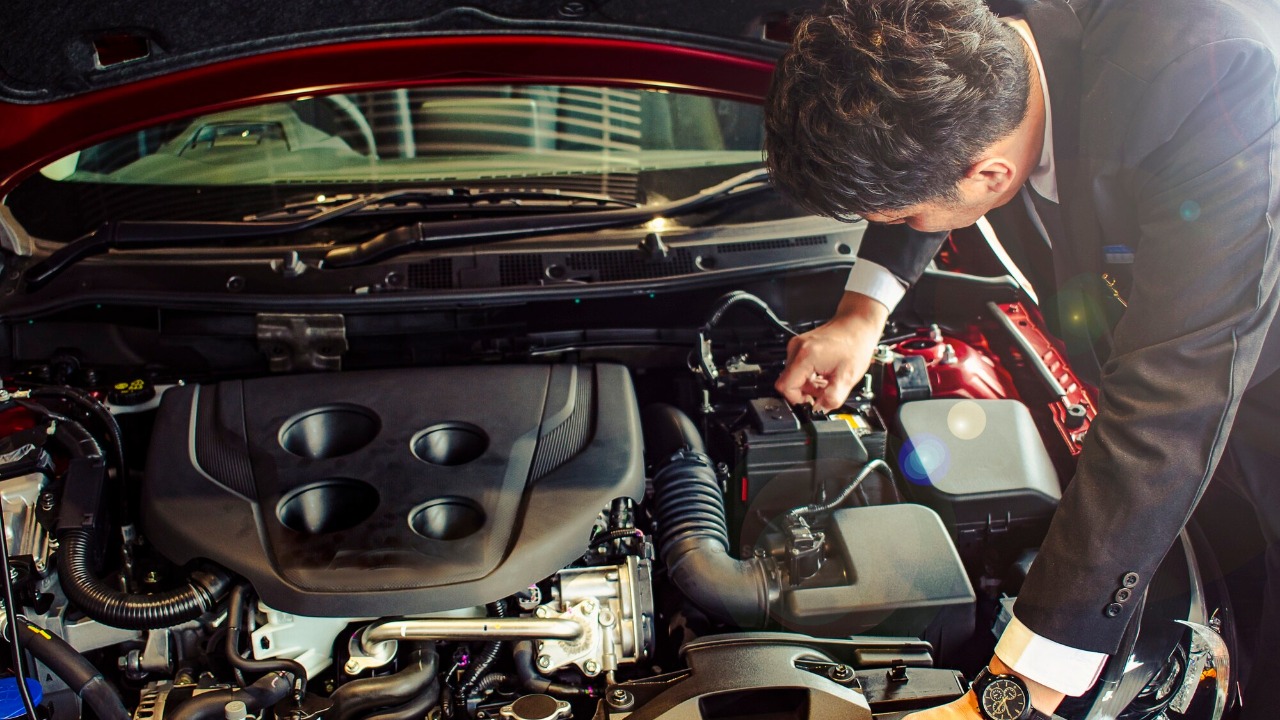
As winter approaches, so does the risk of mice nesting in your vehicle’s engine bay, leading to costly repairs. A simple, non-toxic precaution using peppermint oil-soaked cotton balls can effectively deter these rodents, saving you from potential headaches and hefty repair bills.
Understanding Rodent Attraction to Engine Bays
Mice are drawn to the warmth and shelter of engine compartments during the colder months. According to the National Wildlife Federation, rodent activity peaks from October to March in northern states like Washington. The risks associated with mice nesting in engine bays are significant. They can chew through wiring, leading to electrical failures. In fact, the Automobile Club of Southern California’s 2023 claims report revealed that 68% of rodent damage incidents involved starter or alternator damage. Mice can enter the engine bay through gaps around the hood and firewall, as illustrated in the Edmunds automotive guide.
The Damage Caused by Mice in Vehicles
The primary issue caused by mice in vehicles is the destruction of wiring. The Insurance Information Institute reported a 15% rise in rodent-related claims in 2022, totaling $200 million nationwide. A real-world case from Seattle’s Jenkins Auto Repair involved a 2019 Toyota Camry owner who faced a $2,800 repair bill after mice severed fuel sensor wires in February 2023. Secondary hazards include urine contamination, which can cause corrosion and long-term engine degradation. The Society of Automotive Engineers found that 30% of vehicles affected by rodent damage experienced this issue.
Why Peppermint Oil Works as a Deterrent
Peppermint oil’s strong menthol scent is effective in repelling mice. A University of Florida’s 2021 entomology study tested essential oils on rodent behavior and found that peppermint oil was particularly effective. The Pest Control Association of America endorses this method for its non-lethal nature and safety for pets and humans when used properly. Field trials, such as a survey by the California Department of Pesticide Regulation, found that 85% of participants reported no mouse intrusions after monthly applications of peppermint oil.
Step-by-Step Guide to Applying the Precaution
To start, gather the necessary materials: pure peppermint essential oil, cotton balls, and gloves. Brands like Now Foods offer suitable peppermint oil. Soak 10-15 cotton balls in the oil and position them in engine bay crevices, particularly near wiring harnesses. This method is demonstrated in a YouTube tutorial by AAA. It’s important to refresh the cotton balls every two weeks or after rain. The Pest Control Association recommends checking during oil changes to maintain efficacy.
Additional Tips for Long-Term Prevention
Sealing entry points with steel wool and caulk can further deter mice. This tip, adapted for vehicles from Bob Vila’s home maintenance tips, reduced infestations by 40% in a Consumer Reports test group. Parking habits can also make a difference. The National Pest Management Association advises against parking in garages with food sources, especially in urban areas like Seattle. If necessary, traps can be used in conjunction with peppermint oil. Jenkins Auto Repair reported a 92% success rate in preventing recurrence in treated cars using this method.
Monitoring and When to Seek Professional Help
Signs of ongoing issues include droppings or gnaw marks. Edmunds provides a diagnostic guide with photos to help identify these signs. If damage exceeds $500 or wiring is compromised, it’s time to call the experts. This was the case for the 47 incidents handled by Sarah Jenkins in 2023, as referred by AAA’s service referral. Cost comparisons show that the DIY peppermint method costs under $20, while professional extermination averages $150, according to Angie’s List.
More from MorningOverview